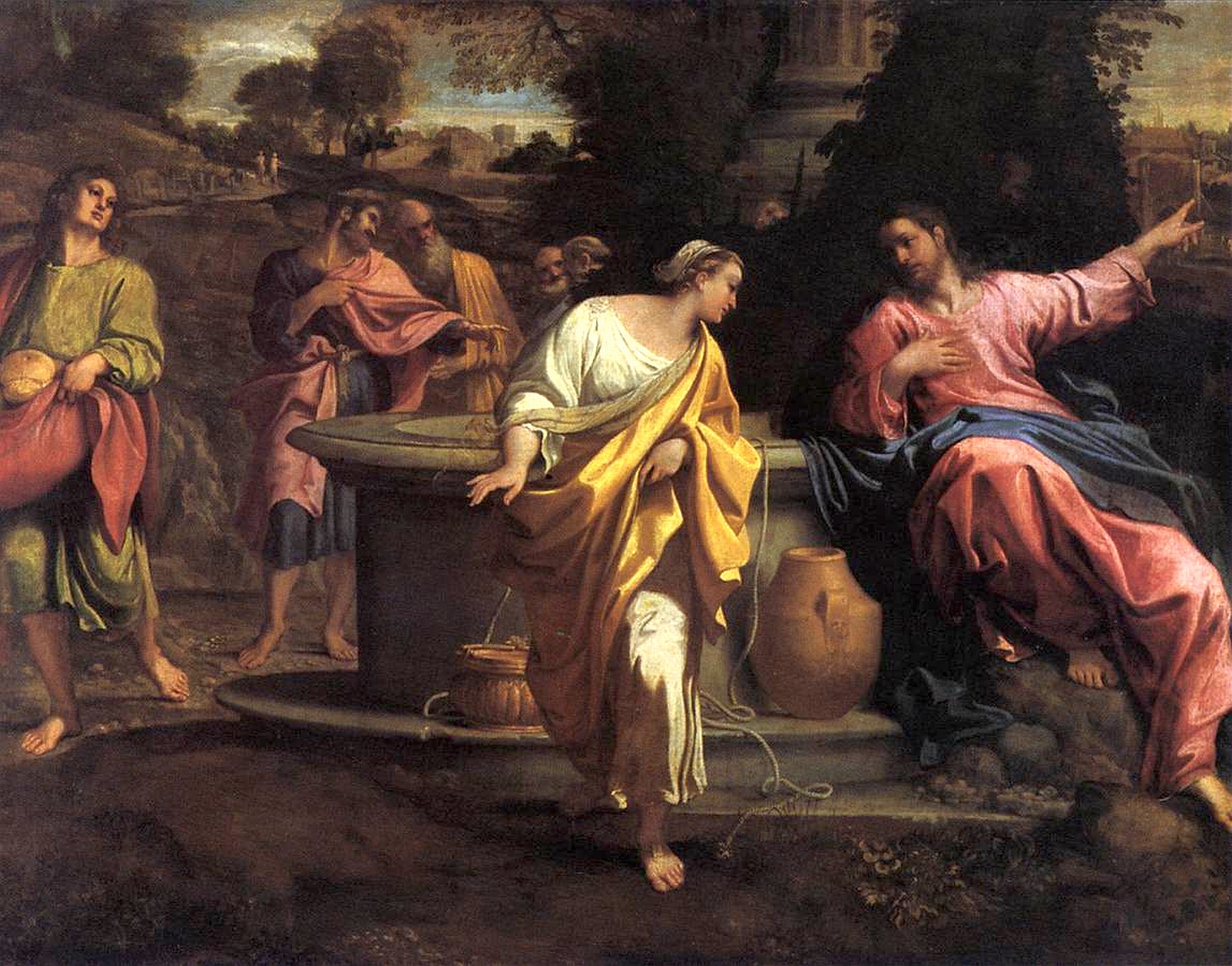December 8th is the Solemnity of the Immaculate Conception. In addition to being a holy day of obligation (translation: Go to Mass!), its status as a solemnity means that on years when the day falls on a Friday, the usual obligation to do penance on Fridays is lifted:
Can. 1249 The divine law binds all the Christian faithful to do penance each in his or her own way. In order for all to be united among themselves by some common observance of penance, however, penitential days are prescribed on which the Christian faithful devote themselves in a special way to prayer, perform works of piety and charity, and deny themselves by fulfilling their own obligations more faithfully and especially by observing fast and abstinence, according to the norm of the following canons.
Can. 1250 The penitential days and times in the universal Church are every Friday of the whole year and the season of Lent.
Can. 1251 Abstinence from meat, or from some other food as determined by the Episcopal Conference, is to be observed on all Fridays, unless a solemnity should fall on a Friday. Abstinence and fasting are to be observed on Ash Wednesday and Good Friday.
If you live in the US, your bishops already gave you the bacon-option, but it’s penitential bacon:
Can. 1253 The conference of bishops can determine more precisely the observance of fast and abstinence as well as substitute other forms of penance, especially works of charity and exercises of piety, in whole or in part, for abstinence and fast.
Way back in 1966, the US bishops determined that if abstaining from meat isn’t penitential enough for you, outside of Lent you are free to substitute some other penance:
28. In summary, let it not be said that by this action, implementing the spirit of renewal coming out of the Council, we have abolished Friday, repudiated the holy traditions of our fathers, or diminished the insistence of the Church on the fact of sin and the need for penance. Rather, let it be proved by the spirit in which we enter upon prayer and penance, not excluding fast and abstinence freely chosen, that these present decisions and recommendations of this conference of bishops will herald a new birth of loving faith and more profound penitential conversion, by both of which we become one with Christ, mature sons of God, and servants of God’s people.
The whole document is worth reading. But not tomorrow! On solemnities, we feast.
Other Immaculate Conception Links
In 2015 I wrote What My Dog Knows About the Immaculate Conception. Get the whole story at the original post, including the bit about why my dog, when she wants to go outside, comes to the one person who is not going to get up and let her outside. But here’s the thing:
My dog and I, therefore, are no typological figures of Marian intercession, get that idea out of your head right now. Yes, Jesus would let the dog out if Mary told Him to. But no, Jesus isn’t too busy showing St. Joseph the Russian Priests with Cats Calendar that he fails to notice the dog needs to pee, that’s not what it’s about. There are other reasons asking Mary to intercede for you is a good, noble, worthwhile part of a healthy Christian lifestyle, and we’ll leave it at that for now.
The Immaculate Conception, which we commemorate today, is about this:
“We declare, pronounce, and define that the doctrine which holds that the most Blessed Virgin Mary, in the first instance of her conception, by a singular grace and privilege granted by Almighty God, in view of the merits of Jesus Christ, the Savior of the human race, was preserved free from all stain of original sin, is a doctrine revealed by God and therefore to be believed firmly and constantly by all the faithful.”
Ineffabilis Deus, Apostolic Constitution issued by Pope Pius IX on December 8, 1854
The Immaculate Conceptions is about the order of things. It is about the re-ordering of broken humanity. For the new Adam we have a new Eve. Curiously, the new Eve isn’t the wife of the man about to fall, but the mother of God-made-man who’s going to save you from your fall.
Humans, fallen as we are, tend to overlook the order of things. We have a picture in our heads of how things stand, and when reality doesn’t match that picture, we tend to elbow aside reality and stick with our imaginary world, the one we made, not the one God made. The one we prefer, because we’re at the center of it, little gods with our little fake worlds.
The dog, in contrast, lives in no such imaginary world. She needs to be let out at night, so she has a pressing interest in understanding the real order of things.
I’ve written about the Immaculate Conception at least one other place: The Catholic Mom’s Prayer Companion. At this writing, Google Books is including what I have to say in the preview-pages for that book.
When I was searching for “Jennifer Fitz Immaculate Conception” two other links came up that caught my attention:
- This time last year, I reviewed a coloring book. For those of you who were worried about it, I’ve since purchased felt-tip markers.
- I’m no longer actively blogging there, but I have some good perennial posts for catechists in the archives at Amazing Catechists.
If you know a catechist who’s about to quit in despair, you might consider investing a few dollars in my purple book of how not to die in agonies teaching religious ed to a room full of hooligans. The publisher gave it a more formal title, but you can call it that.

Our Lady of Visible Forebearance is my preferred image for this week’s feast. Via Wikimedia, Public Domain. Her whole life she never ate bacon, and now she rejoices in heaven with many crowns, and presumably also all the bacon she wants.









